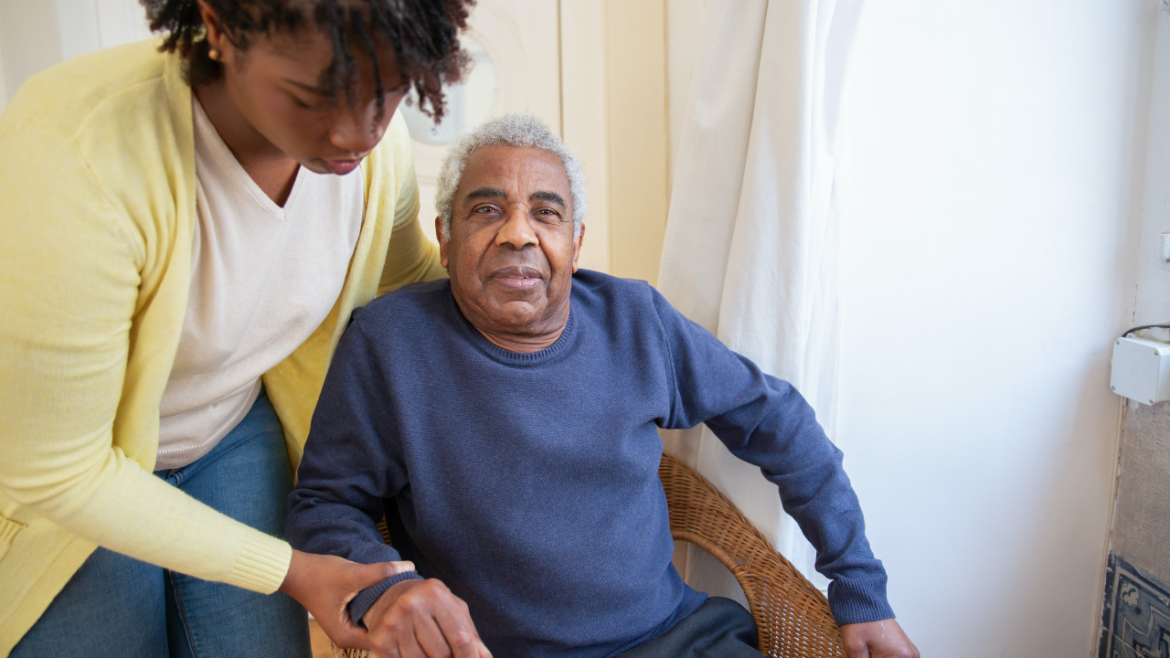Did you know that Leading Edge Senior Care has a Dementia Support Group? We meet monthly in Mesa. For more details <click here>
Best Home Remedies for Bed Sores in Seniors
Best Home Remedies for Bed Sores in Seniors
Caring for seniors involves understanding their unique health challenges. Bed sores, also known as pressure ulcers, are a common issue among older adults who may have limited mobility. These sores can be painful and lead to complications if not properly managed. Fortunately, there are several effective home remedies for bed sores in seniors. In this article, we will explore the best ways to prevent and treat bed sores while ensuring your loved one’s comfort and well-being.
Understanding Bed Sores
Before delving into remedies, let’s understand what bed sores are and why they occur. Bed sores develop when there is prolonged pressure on the skin, often from lying in one position for an extended period. This pressure reduces blood flow to the affected area, causing the skin and underlying tissues to break down. Bed sores typically form on bony areas, such as the heels, elbows, hips, and tailbone.
Frequent Position Changes
One of the most effective ways to prevent bed sores is by encouraging seniors to change their positions regularly. If they are bedridden, help them shift their weight every two hours. If they use a wheelchair, ensure they reposition themselves every 15 minutes or as often as possible.
Maintain Good Nutrition
Nutrition plays a crucial role in preventing bed sores. A diet rich in vitamins, minerals, and protein helps the body repair damaged skin and tissues. Ensure your loved ones consume a balanced diet with plenty of fruits, vegetables, lean proteins, and whole grains.
Keep the Skin Clean and Dry
Maintaining proper hygiene is essential. Clean the skin gently with mild soap and warm water, then pat it dry. Moisturize with a skin-friendly lotion to prevent dryness, but avoid applying lotion to areas at risk of bed sores, as excessive moisture can contribute to their development.
Cushioning and Support Surfaces
Invest in pressure-relieving cushions and support surfaces for beds and chairs. These specialized aids help distribute pressure evenly and reduce the risk of bed sores. Foam or gel cushions can be particularly effective in reducing pressure on vulnerable areas.
Regularly Inspect the Skin
Frequent skin checks are vital for early detection. Examine your loved one’s skin for any signs of redness, irritation, or changes in texture. Promptly address any issues to prevent bed sores from worsening.
Encourage Exercise
Encouraging seniors to engage in light exercises can improve blood circulation and reduce the risk of bed sores. Consult a healthcare professional for appropriate exercise recommendations based on your loved one’s mobility.
Aloe Vera
Aloe vera is known for its soothing and healing properties. Applying pure aloe vera gel to affected areas can help alleviate pain and promote the healing of bed sores. Ensure the aloe vera used is 100% pure and free from added chemicals or fragrances.
Honey
Honey has natural antibacterial properties and can aid in wound healing. Apply medical-grade honey to bed sores and cover them with a sterile dressing. This remedy may help reduce the risk of infection and speed up the healing process.
Turmeric
Turmeric contains curcumin, known for its anti-inflammatory and antioxidant properties. You can make a paste by mixing turmeric powder with water and apply it to bed sores. However, consult a healthcare professional before using this remedy, especially if your loved one is taking medications.
Calendula
Calendula ointment or cream can soothe irritated skin and promote healing. Gently apply calendula to the affected area after cleaning and drying the skin. It may help reduce pain and inflammation associated with bed sores.
Conclusion
Caring for seniors means addressing their unique health challenges with compassion and effective remedies. Bed sores can be painful and debilitating, but with proper prevention and treatment, they can be managed. By following the advice in this article, you can help ensure your loved ones’ comfort and well-being, preventing bed sores or aiding in their healing should they occur. Always consult a caregiver for severe or persistent bed sores, as they may require specialized medical attention.

